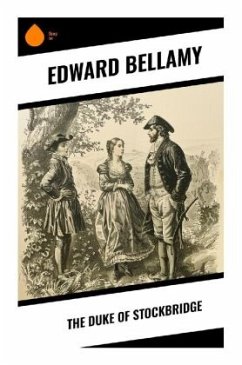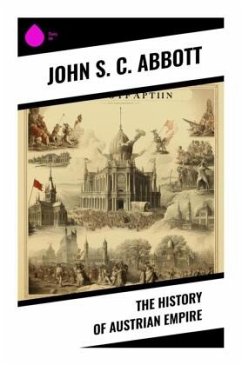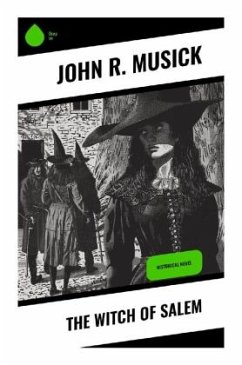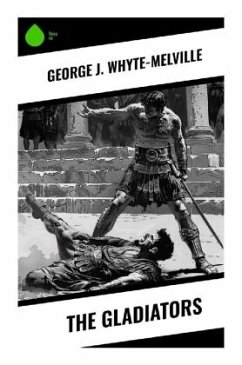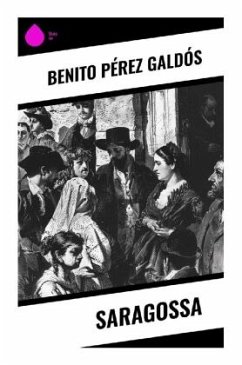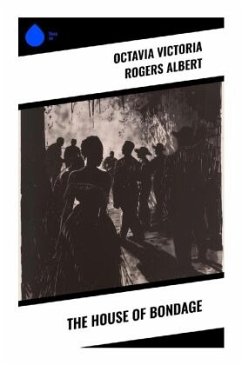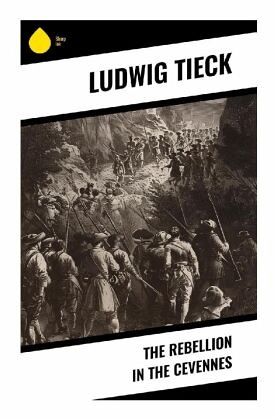
The Rebellion in the Cevennes
Versandkostenfrei!
Versandfertig in 6-10 Tagen
11,30 €
inkl. MwSt.
Weitere Ausgaben:

PAYBACK Punkte
0 °P sammeln!
Ludwig Tieck's "The Rebellion in the Cevennes" serves as a poignant exploration of the Camisard insurrection, blending historical narrative with romantic idealism. Written in the early 19th century during a time when Romanticism was revolutionizing literature in Europe, Tieck employs vivid descriptions and eloquent prose to capture not only the physical tumult of the rebellion but also the emotional depths of its protagonists. The work intricately examines themes of faith, rebellion, and the struggle for individual and collective identity against oppressive forces, providing readers with a ric...
Ludwig Tieck's "The Rebellion in the Cevennes" serves as a poignant exploration of the Camisard insurrection, blending historical narrative with romantic idealism. Written in the early 19th century during a time when Romanticism was revolutionizing literature in Europe, Tieck employs vivid descriptions and eloquent prose to capture not only the physical tumult of the rebellion but also the emotional depths of its protagonists. The work intricately examines themes of faith, rebellion, and the struggle for individual and collective identity against oppressive forces, providing readers with a rich tapestry of both historical and philosophical inquiry. Ludwig Tieck, a key figure in the German Romantic movement, drew inspiration for this work from his deep engagement with themes of spirituality and resistance, as evidenced by his interactions with fellow Romantics and his interest in German folklore. His background in literature and philosophy, alongside a profound sensitivity to the human condition, propelled him to address the injustice faced by the Huguenots during the 17th century. This context frames Tieck's narrative as both a reflection of his time and a timeless commentary on the human spirit. "The Rebellion in the Cevennes" is highly recommended for readers seeking a profound historical narrative interwoven with rich romantic ideals. Tieck's masterful storytelling invites reflection on the nature of freedom and faith, making this work a significant contribution to both literature and historical discourse. It is an essential read for enthusiasts of Romantic literature, history, and those interested in the complexities of human resilience.





